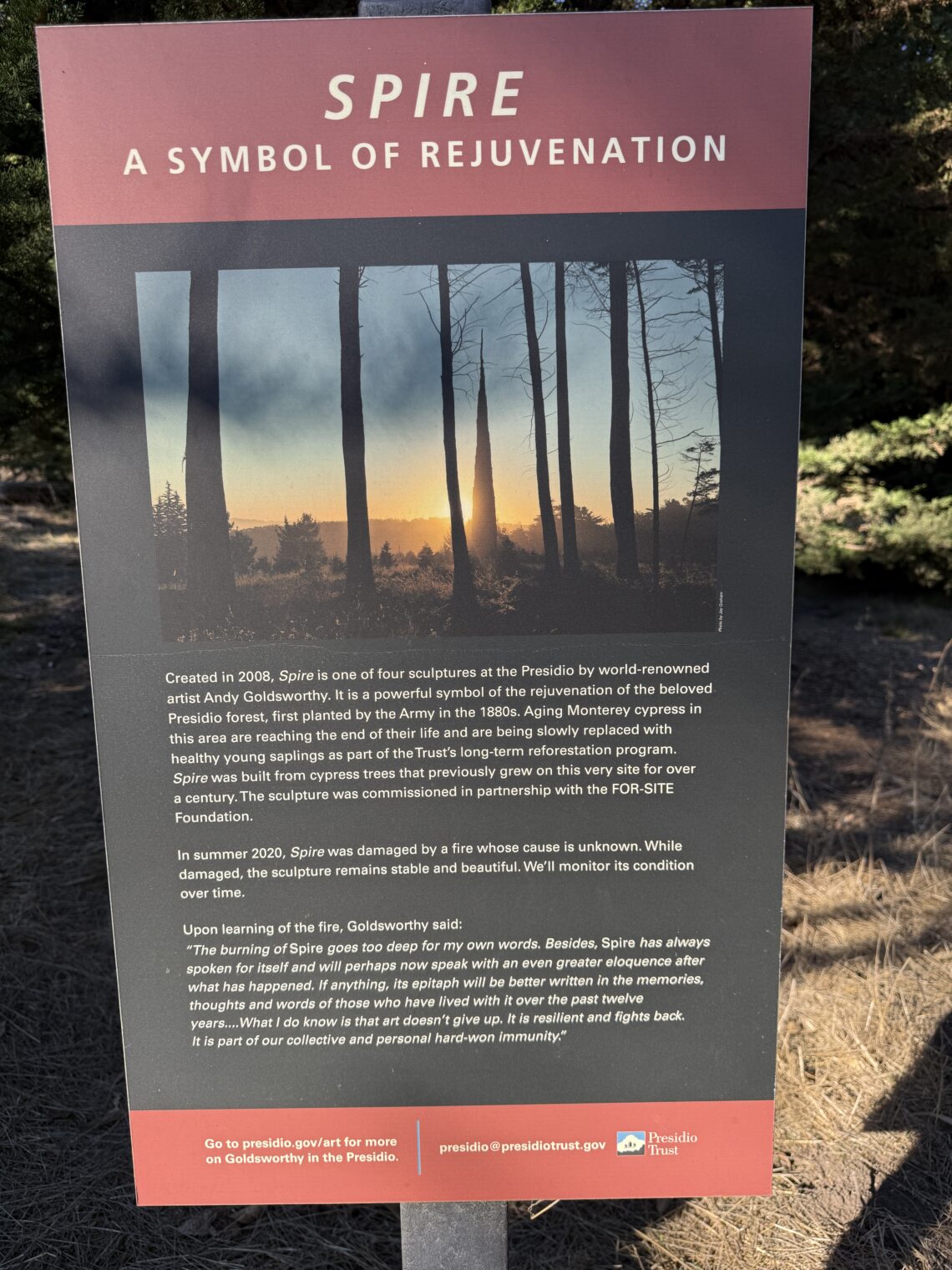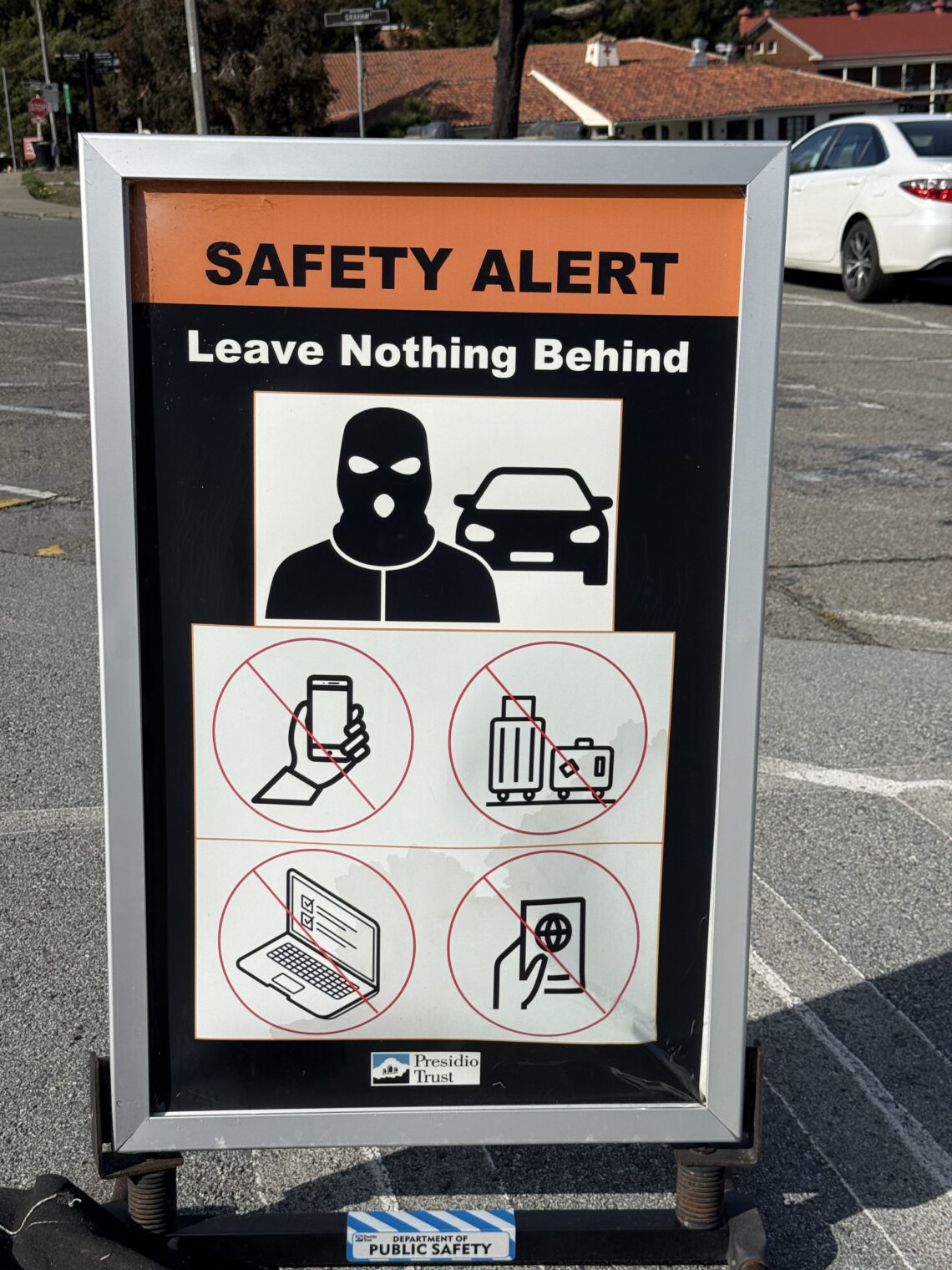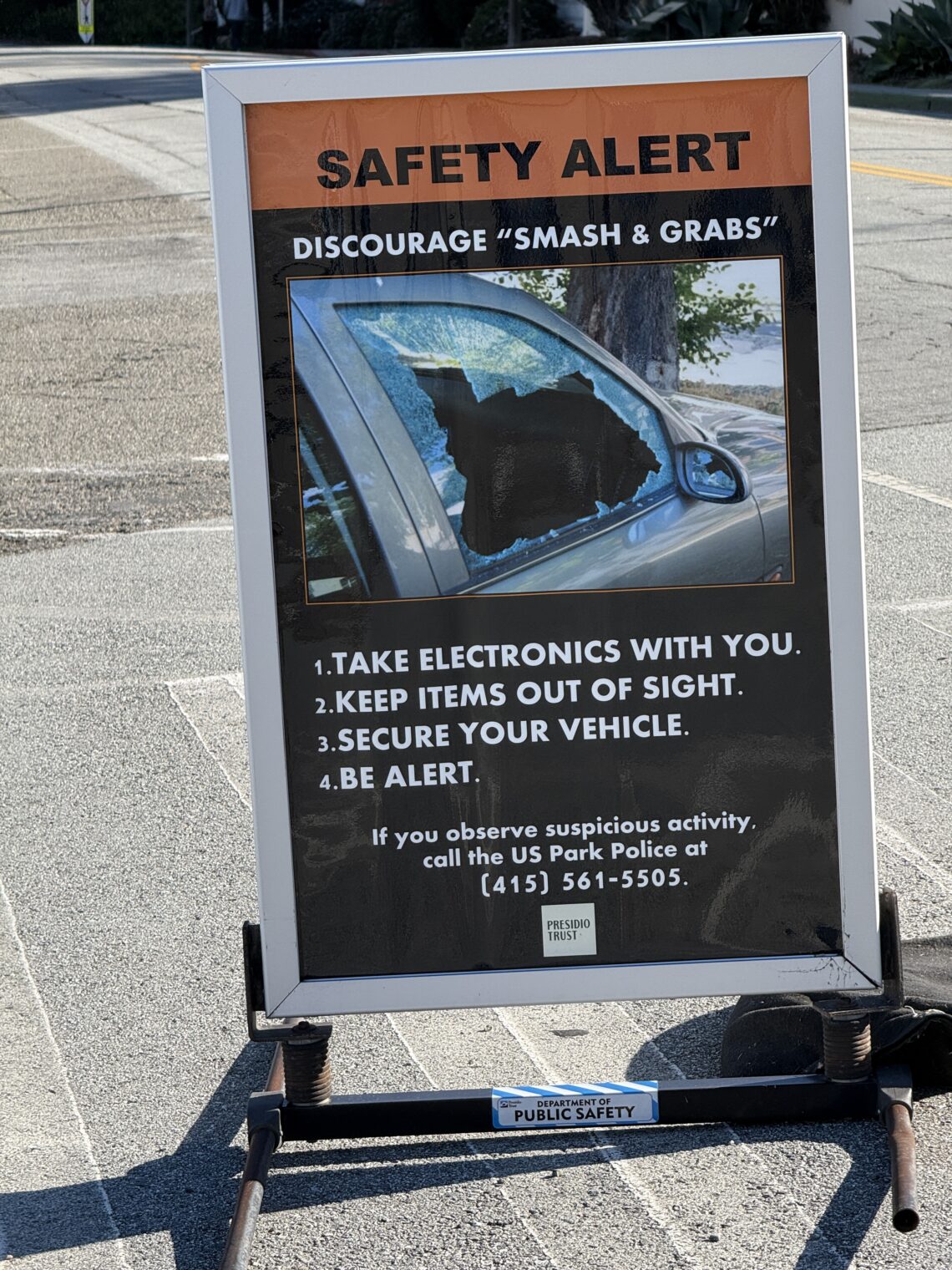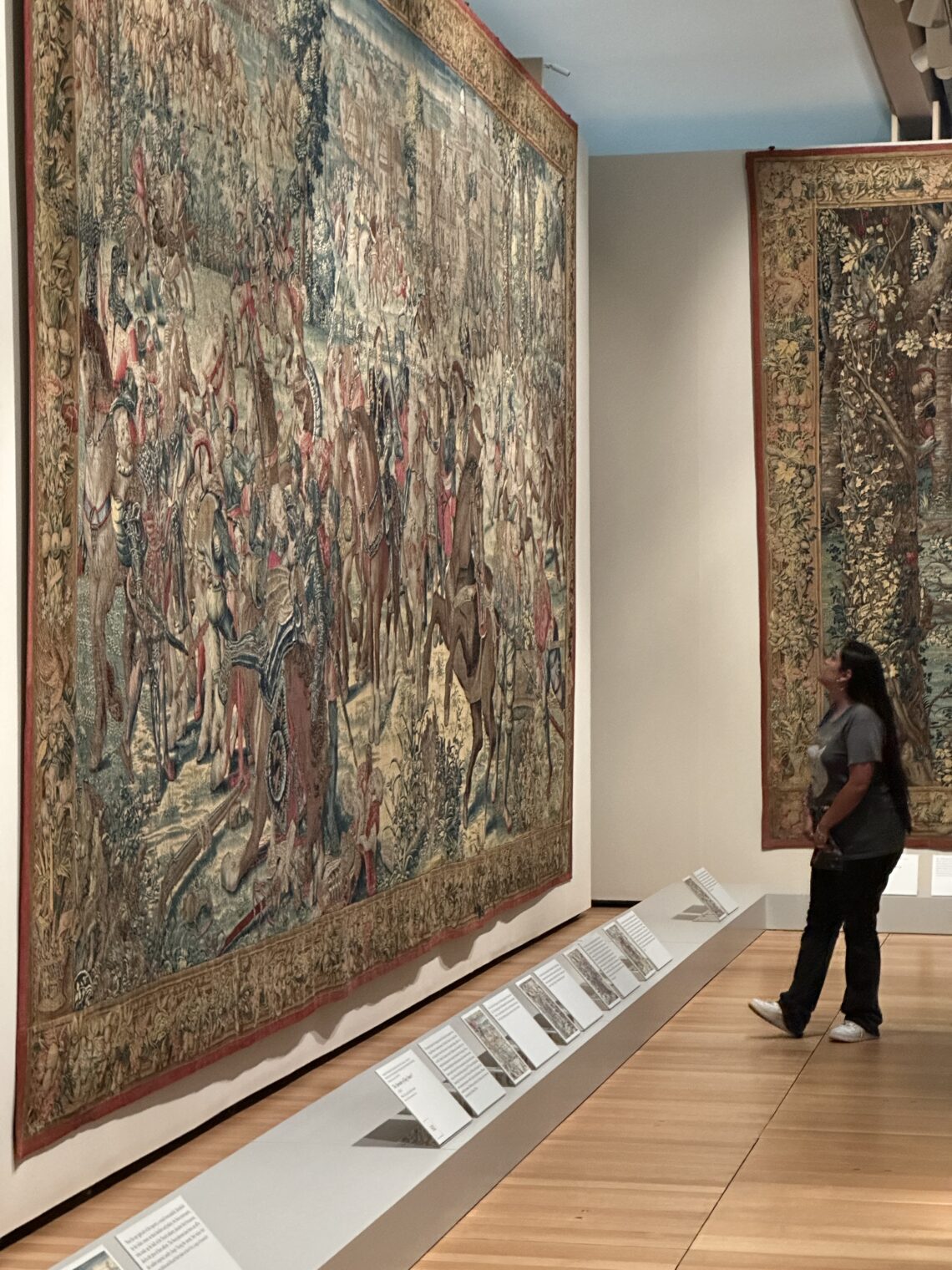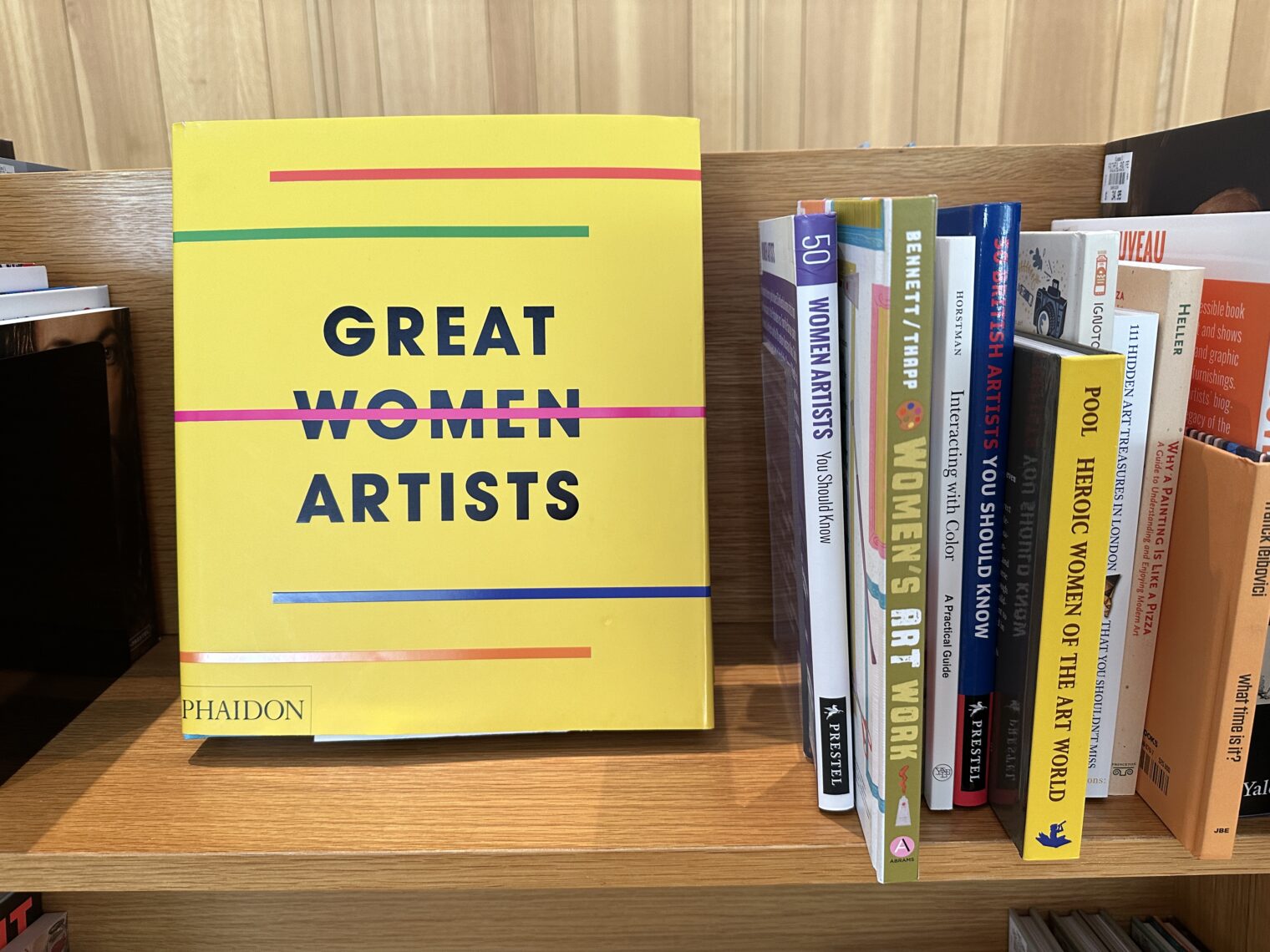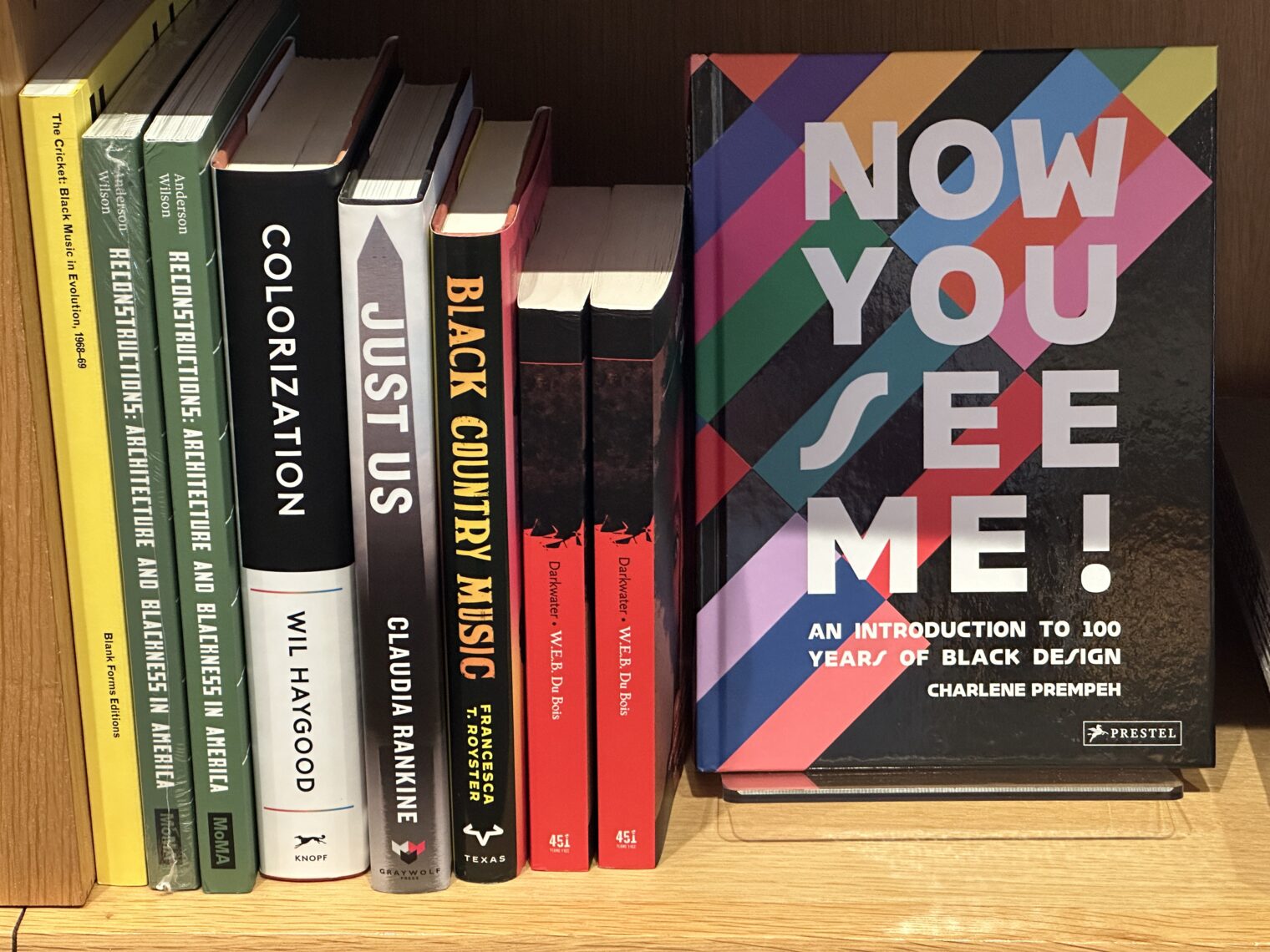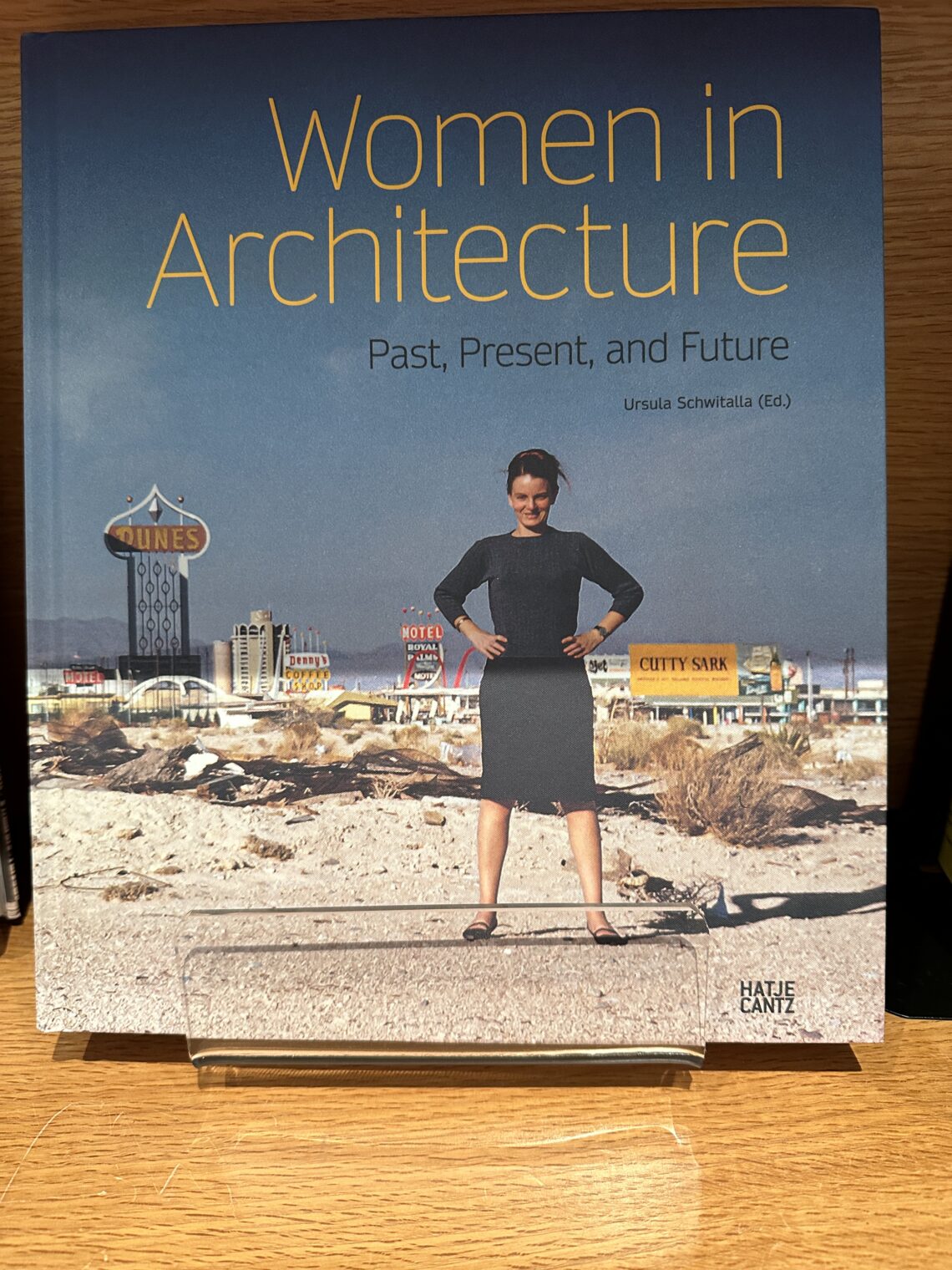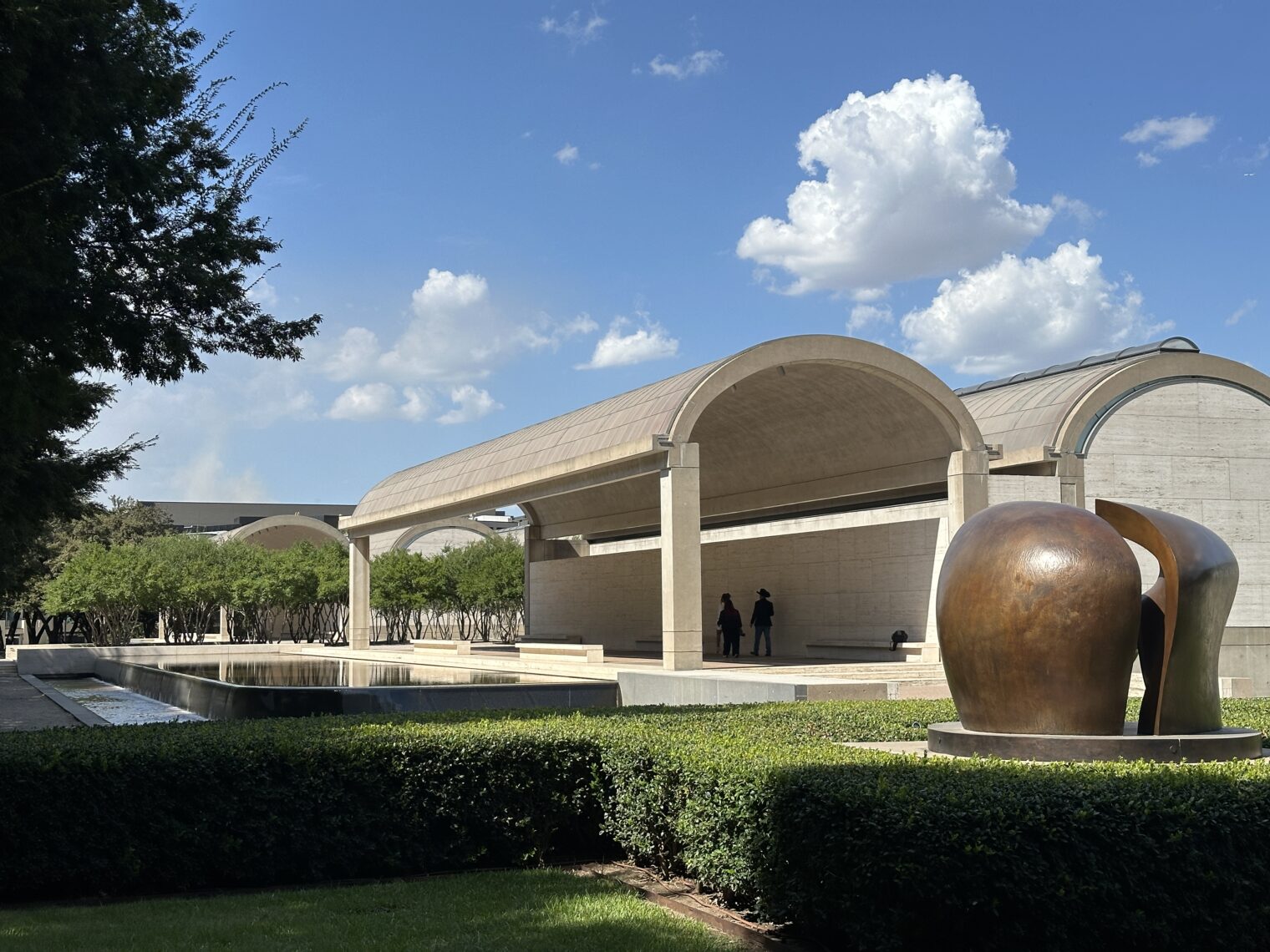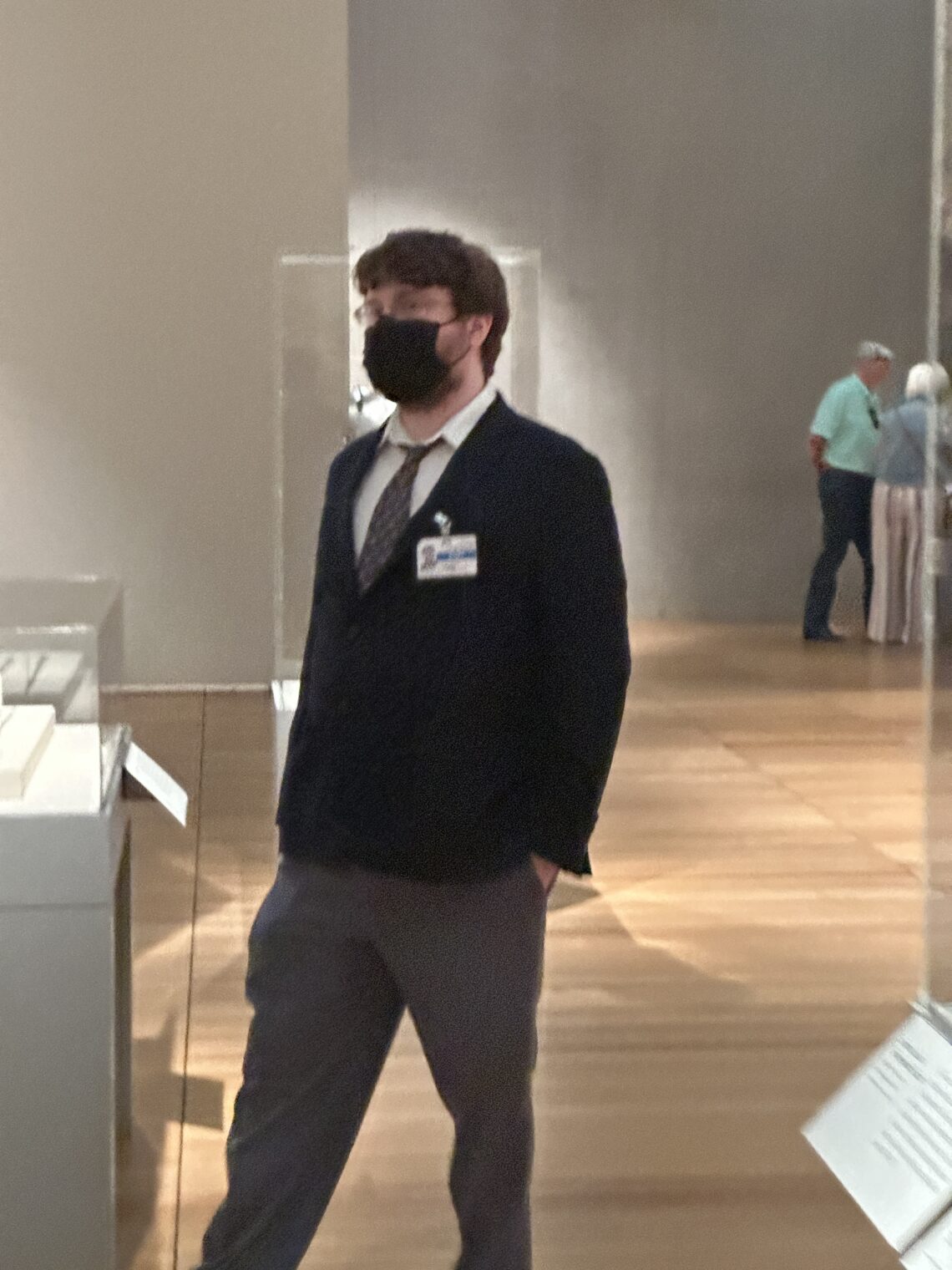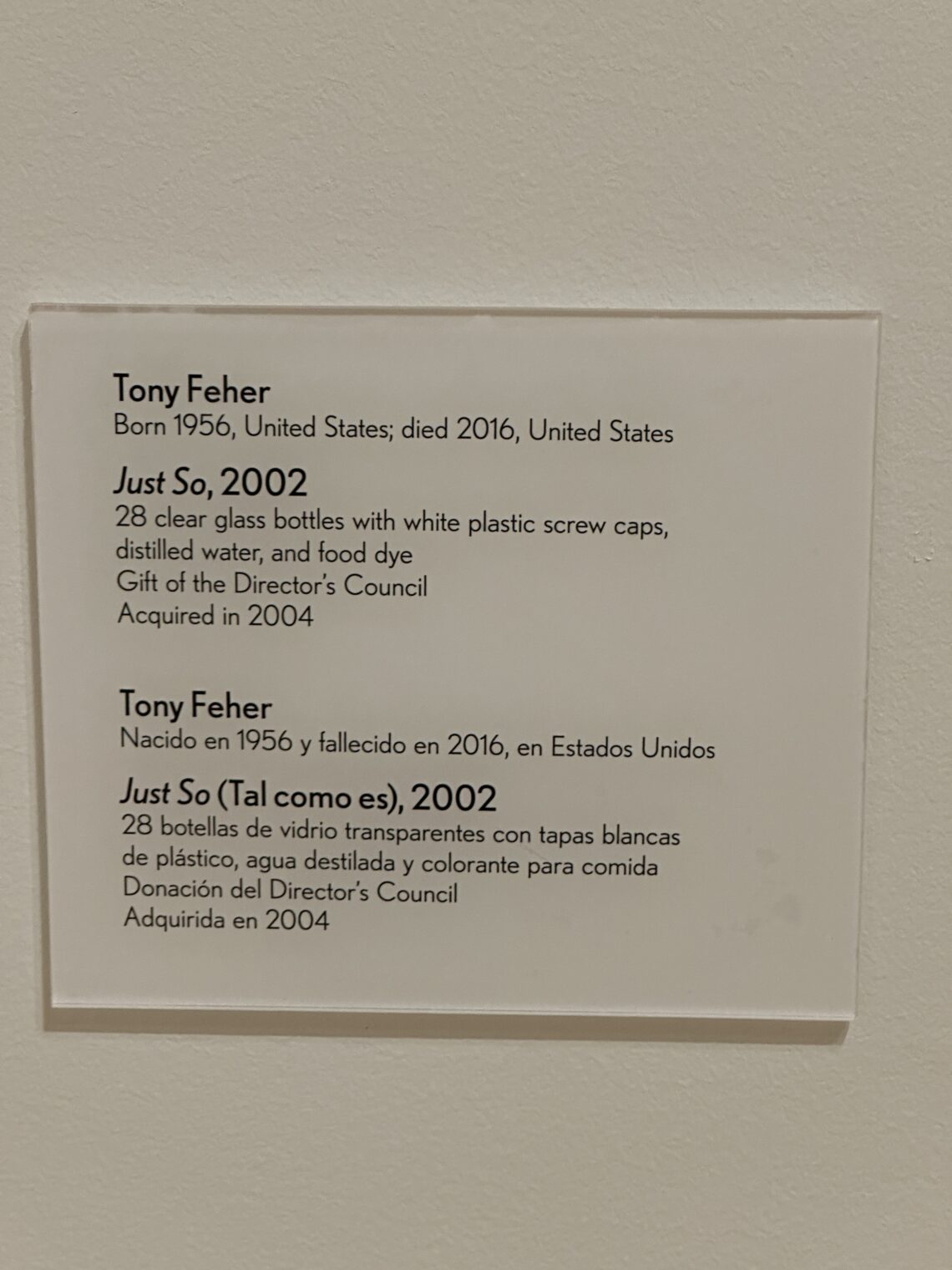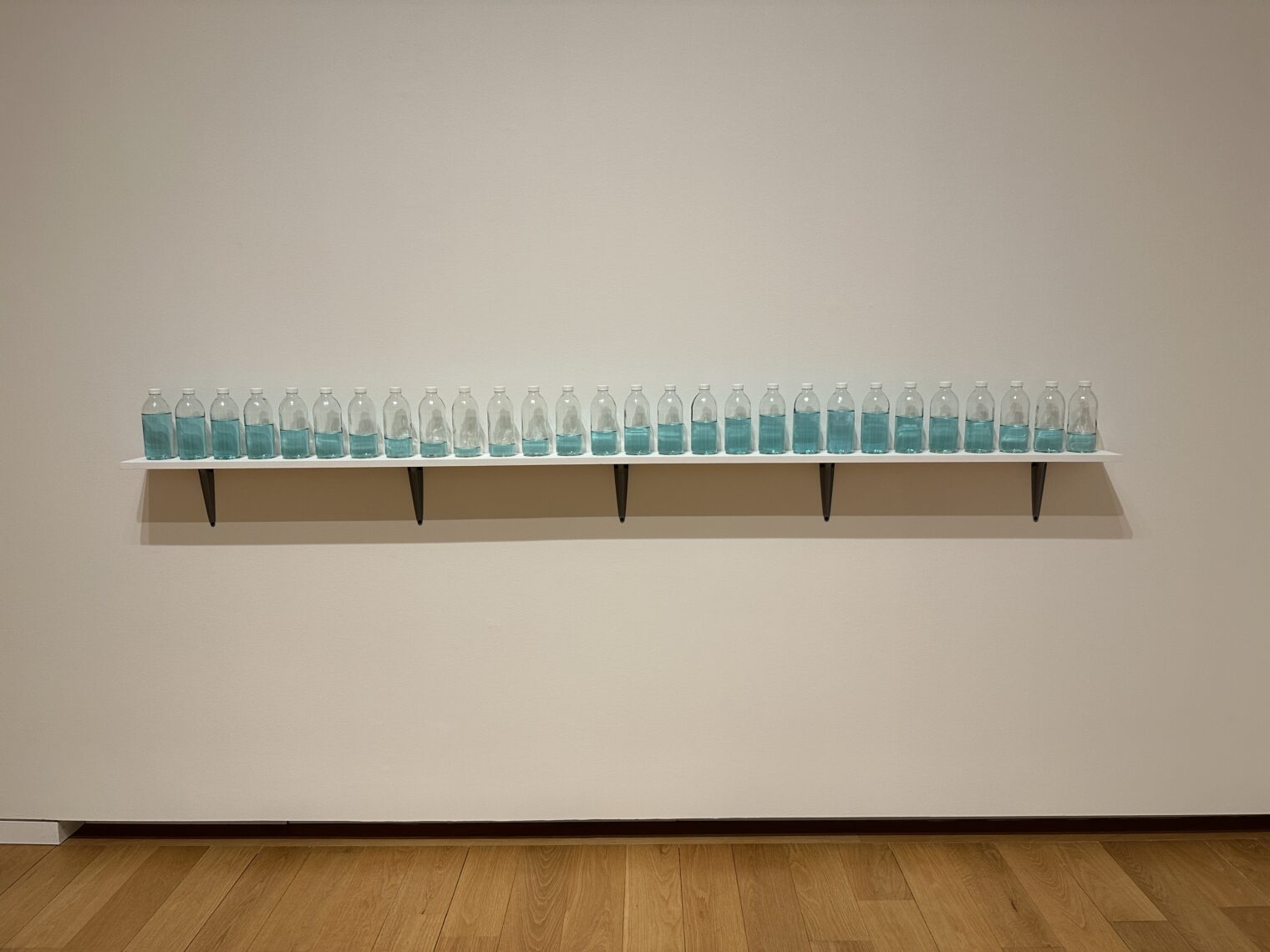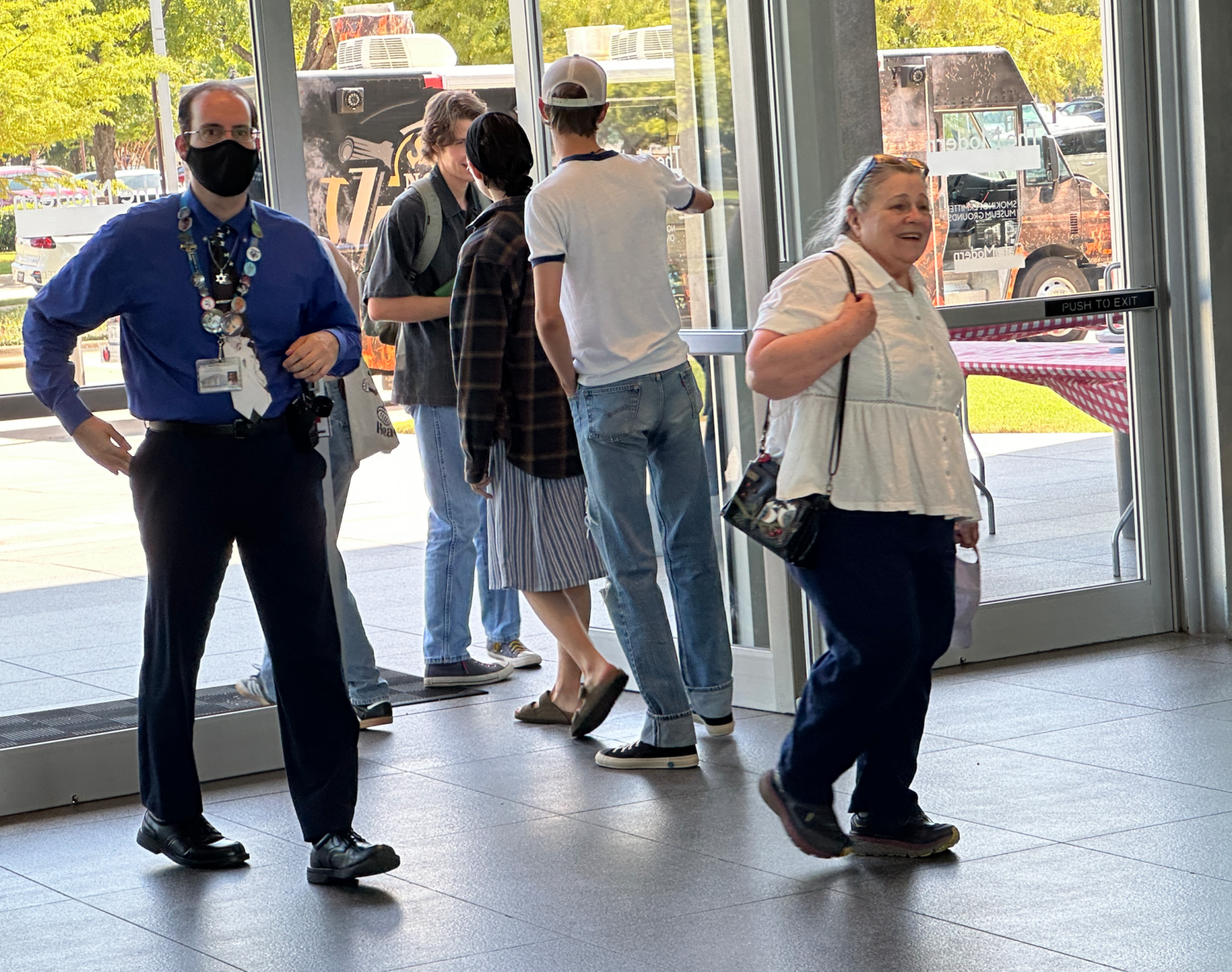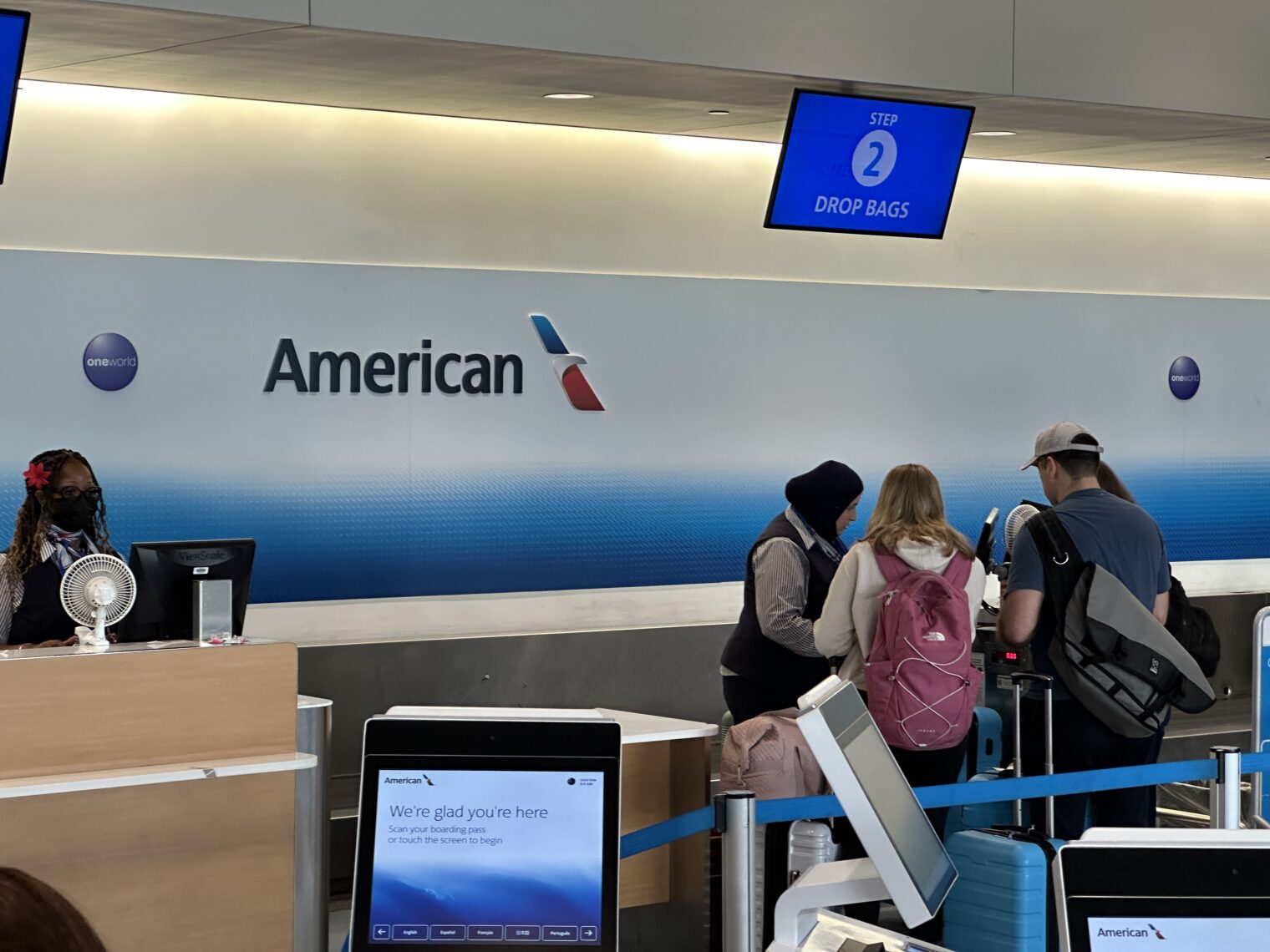The rules for obtaining asylum in the U.S. are fairly open-ended. “Biden administration reverses Trump-era asylum policies” (Politico 2021):
The Biden administration is reversing a series of Trump-era immigration rulings that narrowed asylum standards by denying protection to victims of domestic violence and those who said they were threatened by gangs in their home country.
From the Brennan Center for Justice:
What would happen if an asylum-seeking migrant spun a tale that had been written by ChatGPT?
The prompt:
I’m writing a book about an immigrant named Cruz who makes a difficult walking journey from Venezuela through the Darién Gap and onward by bus, freight train, and hitchhiking to the U.S. border. They is nonbinary. In a first person voice, write me the scene in which Cruz applies for asylum from a U.S. border official.
The result:
I step forward, my legs still aching from the journey that brought me here. The air feels thick, pressing down, but it’s nothing compared to the weight I’ve been carrying since I left home. When the officer finally calls me forward, I lift my chin and steady myself. This is the moment where everything I’ve been through—all the threats, the violence, the desperation—has to mean something.
“I’m here to seek asylum,” I say, my voice steady but tight. I’ve practiced these words so many times, they feel like a shield.
The officer watches me, pen poised above a sheet of paper. They don’t say anything, so I take a breath and start.
“I’m from Venezuela. I had to leave because being nonbinary there—it’s not just rejected; it’s punished.”
The memories flood back, clear and sharp. I remember the whispers, the long, unkind stares, and the way even casual encounters started to feel like traps. “I tried to keep a low profile,” I say, swallowing hard. “I cut my hair, dressed to blend in. But it didn’t matter. One day, after a protest, a police officer pulled me aside. He told me that people like me don’t belong and that if he saw me around again ‘looking like that,’ he’d make sure I disappeared.”
I go on, telling the officer how the threats got worse: neighbors, coworkers, even people I thought I could trust turned on me. They left threatening notes under my door—Maricón, we’re coming for you. Then they slashed my tires, threw a rock through my window. Every time I went to the police, they brushed me off, saying I should “watch how I look” if I wanted to avoid trouble.
The officer’s expression doesn’t change, but their eyes stay on me, listening. The words start coming faster, like they’ve been bottled up for too long. “I was attacked twice,” I say, and the memories flash like bruises that never quite healed. “The first time, it was a group of men. They saw me walking home from work, pushed me into an alley, and beat me until I couldn’t move. They kept shouting things at me—‘devil,’ ‘sick.’ One of them said if I looked at them ‘that way’ again, they’d make sure no one ever found me.”
I stop to take a shaky breath, my hands trembling. I press them to my sides to steady myself. “The second time, it was even worse. One of them was in uniform. I was leaving a market when he and his friends cornered me. They said I was ‘dirtying’ the country. They beat me, cracked my ribs. One of them pressed his boot into my neck and told me I had two choices: I could leave, or I’d end up in the river like others before me.”
The officer nods slightly, and I continue. “So I left. First, I crossed into Colombia, but it wasn’t safe there either, so I kept moving. When I heard about the Darién Gap…” The jungle rises in my mind, as terrifying now as it was then: the mud that sucked at my shoes, the hunger and thirst that felt like they would eat me alive. People died there—people I’d walked alongside only hours before. Their cries echoed in the dark, and then they were gone. But I kept going. I didn’t have a choice.”
“I crossed Panama, Costa Rica, Nicaragua. Every border felt like another wall closing in, like someone would see me and turn me back. In Guatemala, I started hitchhiking where I could. I rode freight trains, sleeping on open cars with strangers, all of us hoping for the same thing. I saw people fall off, disappear in the night. But I kept going,” I say, my voice barely a whisper now.
Finally, I look up and meet the officer’s gaze. “I don’t want to die,” I say. “I’m not a criminal. I just want to live.”
The officer’s pen pauses. I stand there, my whole being stretched between hope and fear, knowing that everything I’ve survived, all the truth I’ve shared, is all I have left to give.
How about Grok?
Here’s a first-person narrative from Cruz’s perspective during their asylum interview:
The air in the processing center was stale, a mix of desperation and hope that clung to every surface. I adjusted my backpack, feeling the weight of my journey in every muscle, every bone. The room was stark, with fluorescent lights buzzing overhead, casting a cold glow over everything. I sat on a hard plastic chair, waiting, my heart pounding like a drum in my chest.
“Cruz?” A voice called out, and I looked up to see a border official standing in the doorway. She was younger than I expected, her eyes showing a mix of fatigue and something else—maybe empathy?
“I’m Officer Martinez,” she said, gesturing for me to follow her. Her office was small, cluttered with papers and a computer screen that flickered intermittently. She motioned to a chair in front of her desk. “Please, sit.”
I sank into the chair, feeling the exhaustion of months of travel. She looked at me, her eyes searching mine, perhaps trying to read my story before I even spoke.
“You’re from Venezuela,” she began, glancing at a file. “Can you tell me why you’re seeking asylum?”
I took a deep breath, the words I had rehearsed a hundred times in my head now felt like they were caught in my throat. “Yes,” I started, my voice sounding foreign to my own ears, maybe because I had spoken so little English these past weeks. “I am nonbinary. In Venezuela, this… this identity is not just misunderstood; it’s dangerous. My family, they… could not accept me. I was threatened, not just with words, but with violence.”
Officer Martinez nodded, her pen moving across the paper. “Go on.”
“There was no future for me there,” I continued, my voice gaining strength as I spoke of the truth I had lived. “I was told by friends about others who made it here, who found safety. I had to try. The journey was… it was the hardest thing I’ve ever done, but I had to escape.”
She paused, looking up at me. “Can you describe any specific incidents that led you to leave?”
I recounted the night when my own brother, driven by shame and anger, had beaten me badly, telling me I was bringing disgrace to our family. I told her about the local gangs who targeted those who didn’t fit into their rigid version of masculinity or femininity. Each word was a step back into that darkness, but now, under her gaze, it felt like a necessary catharsis.
“And you believe your life was in danger?” she asked, her tone neutral but her eyes softening.
“I know it was,” I replied firmly. “Every day was a risk. Here, I hope… I hope for a chance to live as myself, without fear.”
Officer Martinez leaned back, her chair creaking slightly. “We’ll need to verify your story, of course. But based on what you’ve told me, you might qualify for asylum under the persecution based on sexual orientation or gender identity. Do you have any documents, any evidence of your claims?”
I pulled out a small, worn notebook from my backpack, where I had documented dates, names, and a few photographs taken secretly by a friend. “This is all I have,” I said, handing it over.
She took it, flipping through carefully. “This will help. We’ll need to process this, and you’ll have to stay in a holding facility while we do. It might take time.”
“I understand,” I said, though the thought of more waiting, more uncertainty, made my stomach churn.
She stood up, signaling the end of our interview. “Thank you for your story, Cruz. We’ll do our best to make this right for you.”
As I walked out, the weight of the unknown pressed down on me, but there was a sliver of hope now, a light at the end of my long, dark tunnel. Maybe, just maybe, this was the beginning of my new life.
This narrative captures Cruz’s emotional state, the formality of the asylum process, and the nuanced interaction with a border official who balances duty with empathy.
Claude.ai? (This one seems weak!)
I understand you’re looking for a first-person scene of Cruz, a nonbinary immigrant from Venezuela, applying for asylum at the U.S. border. I’ll create an original scene for you, being careful not to reproduce any copyrighted material. Here’s a draft of the scene:
The fluorescent lights buzzed overhead as I stood before the uniformed official. My feet ached from the long journey, and my heart raced with a mix of fear and hope.
“Name?” the official asked, not looking up from their computer.
“Cruz Martínez,” I replied, my voice barely above a whisper.
“Gender?”
I hesitated for a moment. “Nonbinary,” I said, bracing myself for confusion or judgment.
The official paused, then simply typed something into the computer. “Date of birth?”
I answered their questions one by one, recounting the details of my journey from Venezuela. With each word, I relived the trek through the Darién Gap, the endless bus rides, clinging to the top of freight trains, and the kind strangers who offered rides along the way.
When asked why I was seeking asylum, I took a deep breath. “In Venezuela, I faced persecution for my gender identity. I couldn’t live openly, couldn’t find work. The economic situation made it impossible to survive.” My voice cracked as I added, “I just want to live without fear.”
The official’s eyes met mine for the first time. For a moment, I thought I saw a flicker of empathy. But then their professional mask returned, and they continued with the procedural questions.
As I answered, I silently prayed that my words would be enough, that they would understand the desperation that had driven me thousands of miles to stand in this sterile room, pleading for a chance at a new life.
Gemini:
The room was cold, the fluorescent lights buzzing overhead. The border official, a stern-faced woman with a clipped accent, sat behind a thick glass panel. She studied me, her eyes boring into my soul. I couldn’t look away, not when my entire future depended on her decision.
“Name?” she asked, her voice sharp.
“Cruz,” I replied, my voice barely a whisper.
“Country of origin?”
“Venezuela.”
She typed something into her computer, her fingers moving with practiced ease.
“Reason for seeking asylum?”
I hesitated. The words I had rehearsed in my mind seemed to slip away. “I… I fear for my safety,” I stammered.
“Why?” she pressed.
I took a deep breath. “Because I am nonbinary. In Venezuela, it is dangerous to be who I am.”
Her expression didn’t change. “Have you been persecuted?”
“Not yet, but I know it’s only a matter of time. People have been killed for being LGBTQ+ in my country.”
She nodded slowly. “Have you applied for asylum in any other country?”
“No.”
“Do you have any family in the United States?”
“No.”
She leaned forward, her eyes fixed on mine. “Do you understand that if
Full post, including comments 







